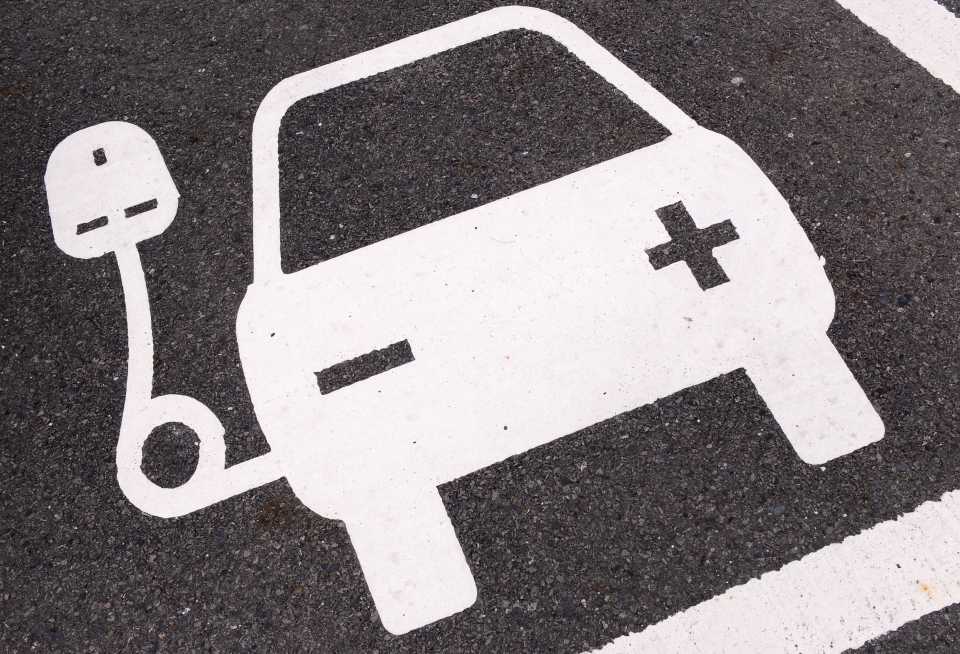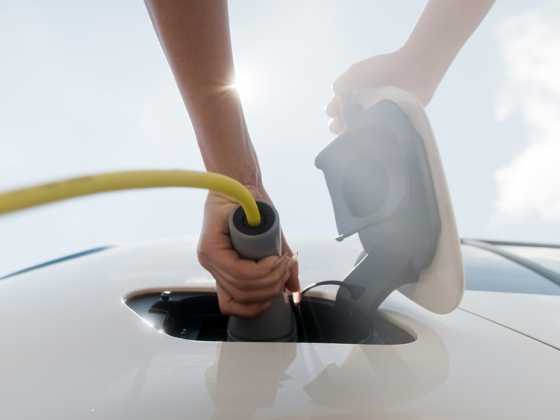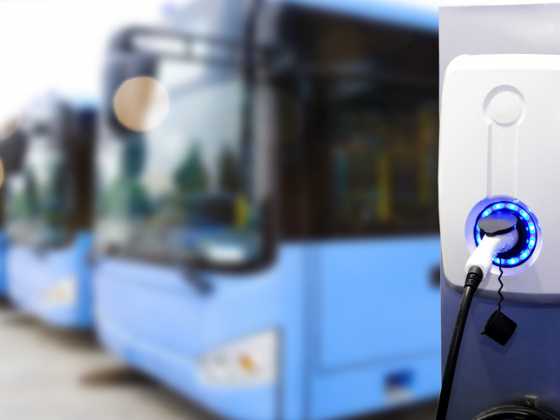Guide for local authorities on increasing EV uptake published

The Renewable Energy Association has launched a report for local authorities, giving advice on what actions they can take to encourage electric vehicle uptake in their areas and improve the charging infrastructure.
Taking Charge: how local authorities can champion electric vehicles, is a guide for Local Authority (LA) officers, councillors, developers, and individuals designed to educate about the taxes and grants available to local authorities, and highlight ‘best practice’ in the sector.
The report recommends that local authorities appoint an ‘EV Champion’ – a councillor who can be a main contact point for the public and developers who can help navigate the process of charging infrastructure being developed.
It also suggest that local authorities Make the ‘Milton Keynes Promise,’ which is to better inform residents of existing charging locations, and guarantee that on-street charge points will be installed next to the homes of those who operate an EV.
Another recommendation is to create a dedicated EV webpage where residents can request charging infrastructure.
New ‘Energy Boards’ could investigate ways of saving money by coordinating EV roll-out, switching to renewable energy providers for their properties, and investing in solar and energy-from-waste projects.
The report also urges local authorities to commit to purchasing EVs as part of the council’s transport fleet, or work with bus service operators to electrify their bus fleet (or have it powered by renewable gas).
Another recommendation is to deploy EV charge points on council property, potentially co-located with a solar carport canopy and energy storage system.
The report is sponsored by Alfa Power, a new entrant into the EV chargepoint development and renewable electricity supply sector, based in Yorkshire.
Commenting on the launch of the guide, Dr Nina Skorupska CBE, chief executive at the Renewable Energy Association said: “While the drivers of this historic shift may be global, the impacts will be local and local authorities will be on the front lines. The expectation that a reliable, accessible, and affordable charging infrastructure will be in place is, in the eyes of much of the public, the responsibility of local government.
“We hope that this pragmatic action plan can equip all local authorities, even those with constrained budgets, to tackle the challenges and opportunities of electric vehicles head on. Ultimately, the goal is improved air quality, reduced carbon emissions, and reduced running costs for consumers.”



